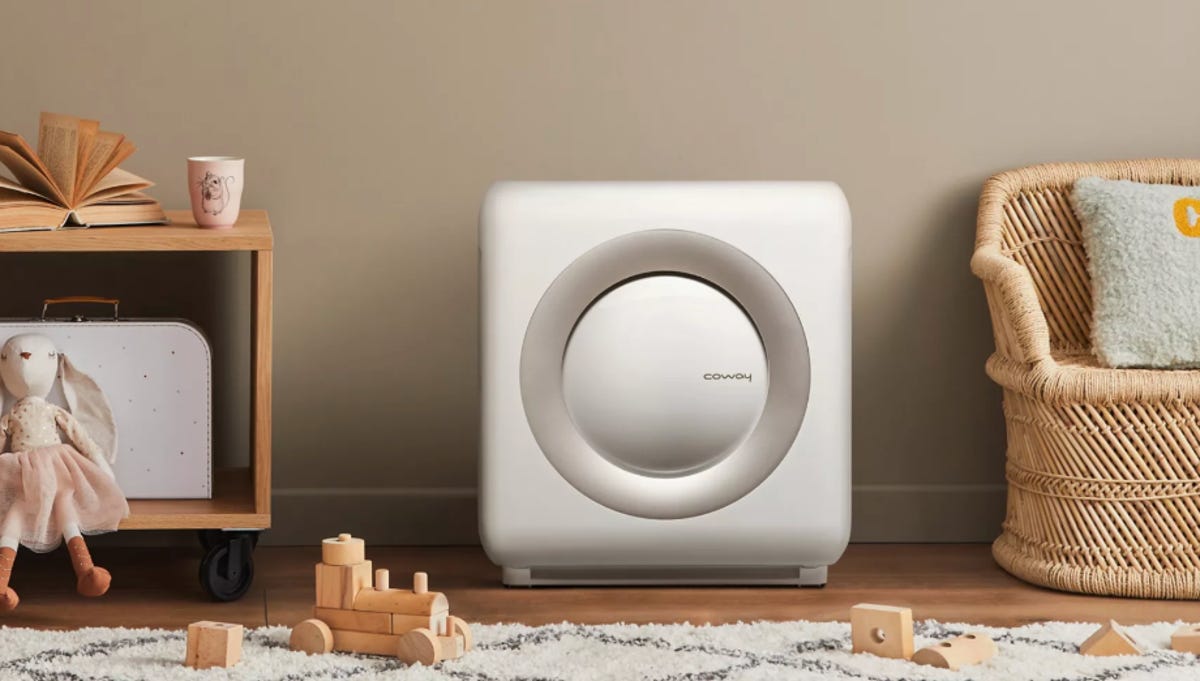Seasonal allergies ruining your sleep? 8 Tips for Trying Relief

[ad_1]
Allergy season can be miserable. Between the watery eyes, sneezing, coughing, and congestion, just getting through the day can be a struggle, let alone getting good sleep. In addition to worsening sleep problems like snoring or obstructive sleep apnea, allergies can also increase the time it takes to fall asleep — and prevent you from staying asleep once you’re able to drift off.
The more severe the symptoms, the greater the chances of developing an allergy Disrupt your rest. Good sleep is crucial for your body immune system To function properly, and for your general health in general. Use the tips below to help your body reduce the allergy symptoms that keep you awake, so you can get a better night’s sleep.
This story is part of Sleep Awareness Month 2024CNET delves into how sleep affects your overall health and why it’s important for all aspects of life.
Need more sleep tips? Here are some tips on how to sleep better while dealing with cold symptoms, and here’s a look at natural cold remedies for a sick child.
8 ways to relieve allergy symptoms for better sleep
1. Shower before bed
Rinse yourself every night before bed to remove pollen and prevent yourself from taking allergens with you to bed. Bathing before bed is a good activity to incorporate into your nighttime routine as it helps you relax and promotes better sleep.
2. Keep doors and windows closed
Prevent pollen and other allergens from entering your home through windows and doors by keeping them closed.
3. Sleep away from your pets
We all love our pets, but by letting them sleep in your bed with you, you’re inviting pet dander (and any other allergens you may be bringing with you) into your sleeping space. Train them to sleep in their pet bed away from your mattress.
4. Wash bedding frequently
You spend every night on your mattress and between your beds. We shed an ounce of dead skin every three days, and old mattresses can be home to up to 10 million dust mites. That’s why it’s important to wash your sheets every one to two weeks to prevent them from collecting allergens.
5. Use a mattress protector
Speaking of dust mites, cover your mattress with a cover Mattress protector To prevent them and other allergens from triggering your allergies.
6. Consider getting a new mattress
If the last time you bought a new mattress was during Obama’s first term in office, it’s time to get a new bed. Old mattresses are a playground for all the allergens you can imagine: mold, mildew, dead skin, pet dander, dust mites… you get the gist. That’s why your mattress can be a big contributor to allergies.
For an extra boost against allergens, natural or organic latex foam mattresses are hypoallergenic and antimicrobial. This means that they prevent the growth of mold, fungi, and other allergens.
7. Sleep upright
Sleeping flat can make congestion worse, so sleeping upright, supported by some extra pillows or an adjustable bed frame, may help.
8. Use an air purifier
Research has shown An air purifier is effective in helping rid the air of allergens such as mold, mildew, pet dander, and pollen, thus enhancing Better sleep quality.

The Coway Airmega is CNET’s pick for the best air purifier for small rooms.
What causes allergies?
Airborne allergens are the main cause of hay fever. Pollen is a big contributor during this time of year, and research shows this family has it in their home Dust mites It is also a common cause of allergy symptoms. Other airborne allergens include:
- Pet dander
- Mold
- mildew
- Cockroaches
- soil
- cigarette smoke
For more sleep help, here’s the secret to falling asleep in 10 minutes or less and easy tricks to help you get better rest.
[ad_2]
Source link




